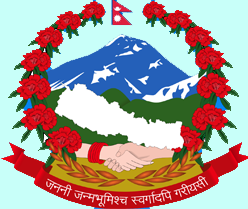Created in 1953, the Department of Co-operatives represents the few early agencies of Government of Nepal tasked with initiating the process of development. Nepal became a democracy in 1951 following a historic popular movement. Freed from a long spell of repressive family rule, the people had aspirations for development, and the leaders had to deliver on their promises. As democracy was leading development, the co-operative movement among the masses would have formed the basis of both. Thus the Department had to foster co-operative ventures, bringing the resources of the poor to bear on the problem of poverty.
Today the Department can look back to more than six decades of its work with satisfaction in that there is a full-fledged co-operative movement in the country. With a total of around 34 thousand co-operatives operating in all provinces, districts and municipalities or village bodies, and involving over 6.3 million small farmers, artisans, labourers, consumers, and others in the poverty bracket, the movement is gradually developing into a force for promoting non-exploitative economic relations.
The Department is the implementing wing of the Ministry of Land Management, Co-operatives and Poverty Alleviation. Pursuing its 'Regulation for co-operativeness' mission, the Department complements the self-regulating processes of co-operatives in line with the principles of Co-operation. As co-operative development is a function shared between the three levels of Government – federal, provincial and local – the Department, as a federal agency, has a leading role to play in terms of providing co-operative agencies of provincial and local governments with the necessary regulatory, promotional and training or educational services.


 Nepali
Nepali English
English